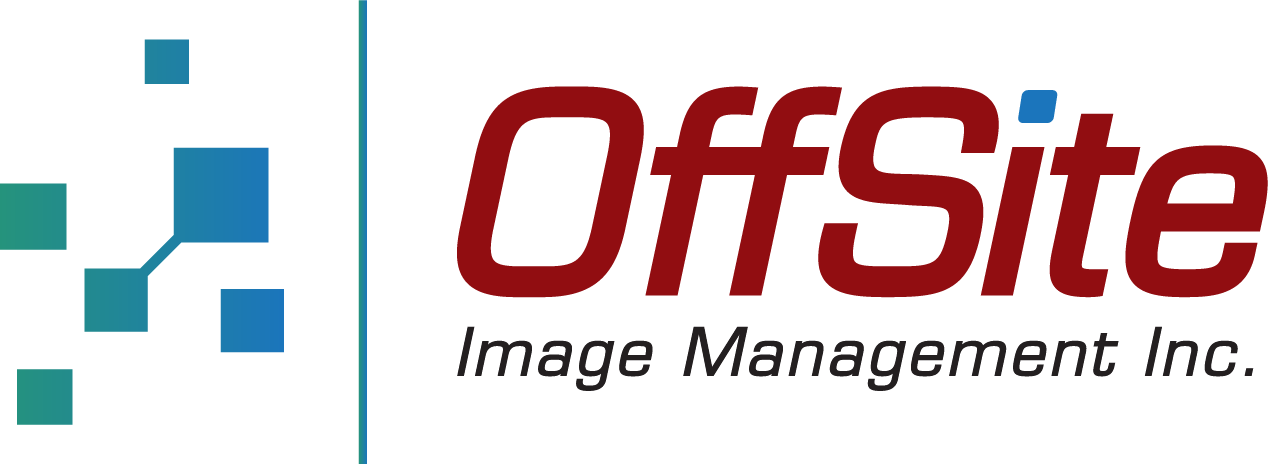 Since the security regulations in the Health Information and Accountability Act (HIPAA) went into effect in 2005, healthcare facilities have used them as a catalyst to provide more efficient sharing
Since the security regulations in the Health Information and Accountability Act (HIPAA) went into effect in 2005, healthcare facilities have used them as a catalyst to provide more efficient sharing
opportunities. Specifically, radiologists and IT staff have developed ways to store and manage their images and data in a way that makes them available from any location.
Healthcare facilities aren’t relegated to one type of technology to achieve the HIPAA requirement in implementing a disaster recovery plan, which means it’s technologically neutral. The regulation simply says that each entity needs to determine its own risk of losing information due to an emergency situation. The regulation also says that the disaster recovery plan could include highly complex
processes and/or manual processes.
Regardless of what method is used, healthcare facilities must prove they’ve conducted formal analysis of any risk the stored data might encounter. They must also show a disaster recovery plan has been built around policies and procedures that include backing up, storing and recovering data. But this all has to be done without violating the standards involved in keeping that information private and secure at all times.
OffSite Image Management, Inc., knows that giving radiologists and specialists the instant access they need to these images and data allows them the ability to provide quality patient care. But confidentiality cannot be compromised, which is what HIPAA is all about. OffSite’s solutions bring not only the availability that healthcare providers want, but also the proper security details into the mix that keep patient information available only to the people authorized to see it.
Electronic Protected Health Information (ePHI) is covered under HIPAA and involves 18 different types of electronic protected health information, which includes social security numbers, photographs, images, addresses and names. OffSite ensures that this information stays protected at all times, and this
includes disaster recovery efforts.
Every healthcare facility is required to have a backup plan, and OffSite offers one that keeps information available 24/7. Every conversation about disaster recovery should also include discussions about workflow continuity and Health Information Exchange (HIE). Many discussions lead to solutions that are so expensive that smaller healthcare providers simply cannot afford them.
OffSite has built a solution that suits the rural healthcare facilities and radiology practices that address disaster recovery, HIPAA rules and regulations and ePHI. OffSite works on the premise that data must be available at all locations at all times, including in times of disaster. Some solutions require installations that take weeks. OffSite has developed a method that is fast and easy.
With OffSite’s disaster recovery plan, they’ve found multiple Level IV data centers to work with. These data centers meet a great many number of security layers that earn them the title of a Level IV data
center. OffSite offers 128-bit encryption in its file transfer design; real time data replication; DICOM-compliant PACS and dual clustered servers that perform with 99.9 percent uptime, which is guaranteed. Offsite has made the process incredibly easy to set up and there are no limits on exams. In times of
a disaster you don’t have to worry about your data, OffSite places a priority on disaster recovery solutions.
